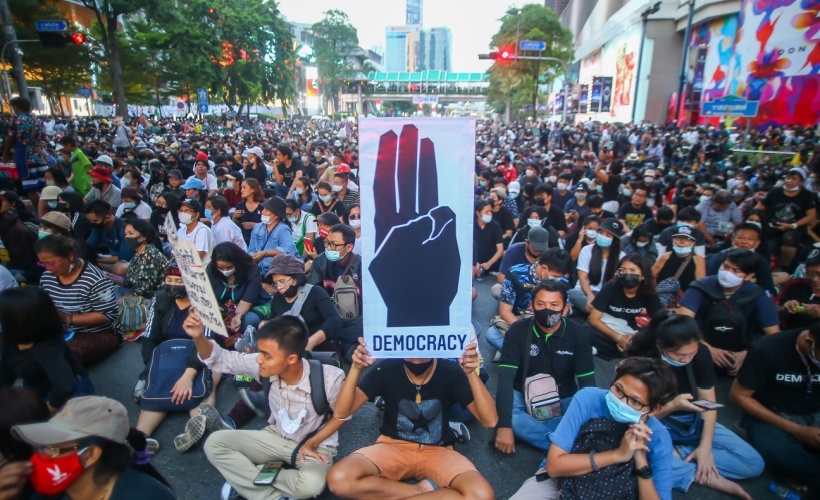Taiwan’s opposition to PRC demands, such as acceptance of the ‘92 Consensus’ and ‘One Country, Two Systems’ formula since 2016, has invited a series of retaliatory measures from Beijing, designed to coerce Taiwan into compliance. Given the stark asymmetry in economic size, military capability, and diplomatic status, Taiwan provides a case for studying coercive diplomacy that takes the form of threats to punish. Material differences suggest that Taiwan should capitulate, and ‘cheap talk’ theses expect PRC threats to have no discernible effect, while balance of threat arguments expect resolve.
This presentation uses the survey data collected in the 2016, 2019, and 2020 rounds of the Taiwan National Security Study to examine how Taiwanese respond to China’s intensifying and expanding threats. Four strategies are identified that the public sees as responses to PRC coercion: isolation, bandwagon with China, balance against China by allying with the USA and Japan, and hedge by deepening economic ties with China while aligning with the USA and Japan against China.
The popular support for balancing against China rises as PRC coercion grows and Taiwanese citizens increasingly perceive China to be a threat. This may imply that citizens in a liberal democracy can develop the will to push back against pressure from an authoritarian regime despite sharp asymmetries in capabilities and material limitations.
Speakers:
Ja Ian Chong is Associate Professor of Political Sciences at the National University of Singapore.
William Hurst is Chong Hua Professor of Chinese Development and Deputy Director of the Centre for Geopolitics.







